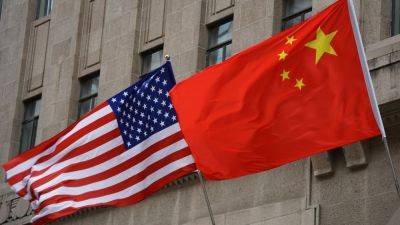'Made in Mexico' trade controversy is provoking another kind of border war
Mexico's robust, and booming, trade with the United States has logistics companies clamoring for a slice of the pie and politicians taking a cautious look at how overseas firms may be using recent North American trade law to circumvent U.S. tariffs.
Integrated logistics companies like Maersk are building out their capacity to handle the historic trucking volumes of Mexican trade entering the U.S., a trend fueled by the use of the United States, Mexico and Canada (USMCA) Free Trade Agreement signed into law by former President Donald Trump as a replacement for NAFTA.
Sparking controversy is language within the USMCA that covers how a product gains the "Made in Mexico" designation from U.S. Customs. Under USMCA, if raw materials or components of a product are brought into Mexico and then assembled there, the final product is "transformed" into another product and may be exempt from various tariffs as a result.
Earlier this week, Zekelman Industries, the largest independent steel pipe and tube manufacturer in North America, filed a lawsuit against the Republic of Mexico alleging violations of trade agreements and dumping of steel on the U.S. market. The company says these violations forced Zekelman to close its Long Beach, Calif., tube manufacturing factory in 2022, and will force it to shut down another facility in Chicago next year, with the closures resulting in the loss of 400 U.S. jobs.
"Chinese companies, if they import directly into the United States, they are faced with tariffs, if they bring their goods into Mexico and those goods are improved upon or at some value added to them, they then qualify for the USMCA," explained Jordan Dewart, CEO of Redwood Mexico, a logistics companies which handles cross-border trade. "Th







